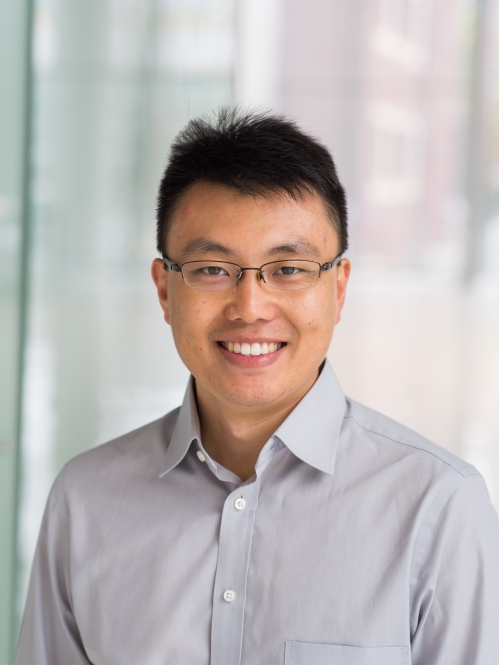Ruo-Qian (Roger) Wang

Honors
• Early Career Researcher Bursary, EIMR 2018 conference, The MASTS Marine Renewable Energy Forum, Orkney, Scotland, 2018
• Roland Schlich Early Career Scientist's Travel Award, European Geosciences Union General Assembly 2018, Vienna, Austria, 2018
• Travel Award, The 69th Annual Meeting of the American Physical Society - Division of Fluid Dynamics, Portland, OR, 2016
• Semi-finalist, $100K Entrepreneurship Competition, Cambridge, MA, 2014
• Global Fellow, MIT-Imperial College Global Fellow Program, London, UK, 2012
• Schoettler Graduate Fellowship, Massachusetts Institute of Technology, Cambridge, MA, 2009
• SSP Scholarship, Singapore Stanford Partnership, Singapore / Stanford, CA, 2007
Professional Affiliations
• Associate Member, American Society of Civil Engineering (ASCE)
• Member, American Association of Geographers (AAG)
• Member, American Geophysical Union (AGU)
• Expert, Regular Process for Global Reporting and Assessment of the State of the Marine Environment, including Socioeconomic Aspects, United Nations
• Council Member, EWRI Urban Water Resources Research Council, ASCE
• Council Member, EWRI Computational Fluid Dynamics Task Committee
• Member, Edinburgh Mathematical Society
• Member, International Association for Hydro-environment Engineering and Research (IAHR)
• Member, American Physical Society (APS)
Education
• Ph.D., Civil and Environmental Engineering, Massachusetts Institute of Technology, 2014
• M.S., Environmental Science, Nanyang Technological University/Stanford University Partnership, 2008
• B.S., Aerospace Engineering, Beihang University of Aeronautics and Astronautics, 2007
Summary
Prior to joining Rutgers University, Roger Wang worked as a lecturer at the University of Dundee, UK. He received his Ph.D. degree in Environmental Fluid Mechanics from Massachusetts Institute of Technology in 2014, his M.S. degree from Singapore Stanford Partnership, and his B.S. degree from Beihang University. He has conducted postdoctoral research at MIT and University of California Berkeley during 2014 to 2017.
Dr. Wang’s research group is aimed at developing numerical models to connect big data and decision-making in civil and environmental engineering systems. He and his students endeavor to create innovative methods to address two major challenges in this task. 1) Data-Model Interface: how to enrich the big data source and develop a transforming interface to improve model reliability and accuracy; and 2) Model-based Decision Making: how to inform decision making taking the advantage of the fast speed and high resolution of the model with large scale supercomputing. His lab has a wide spectrum of research topics, including coastal resilience, urban floods, renewable energy, aquaculture, multiphase flows, nano-microfluidics, and water resources.